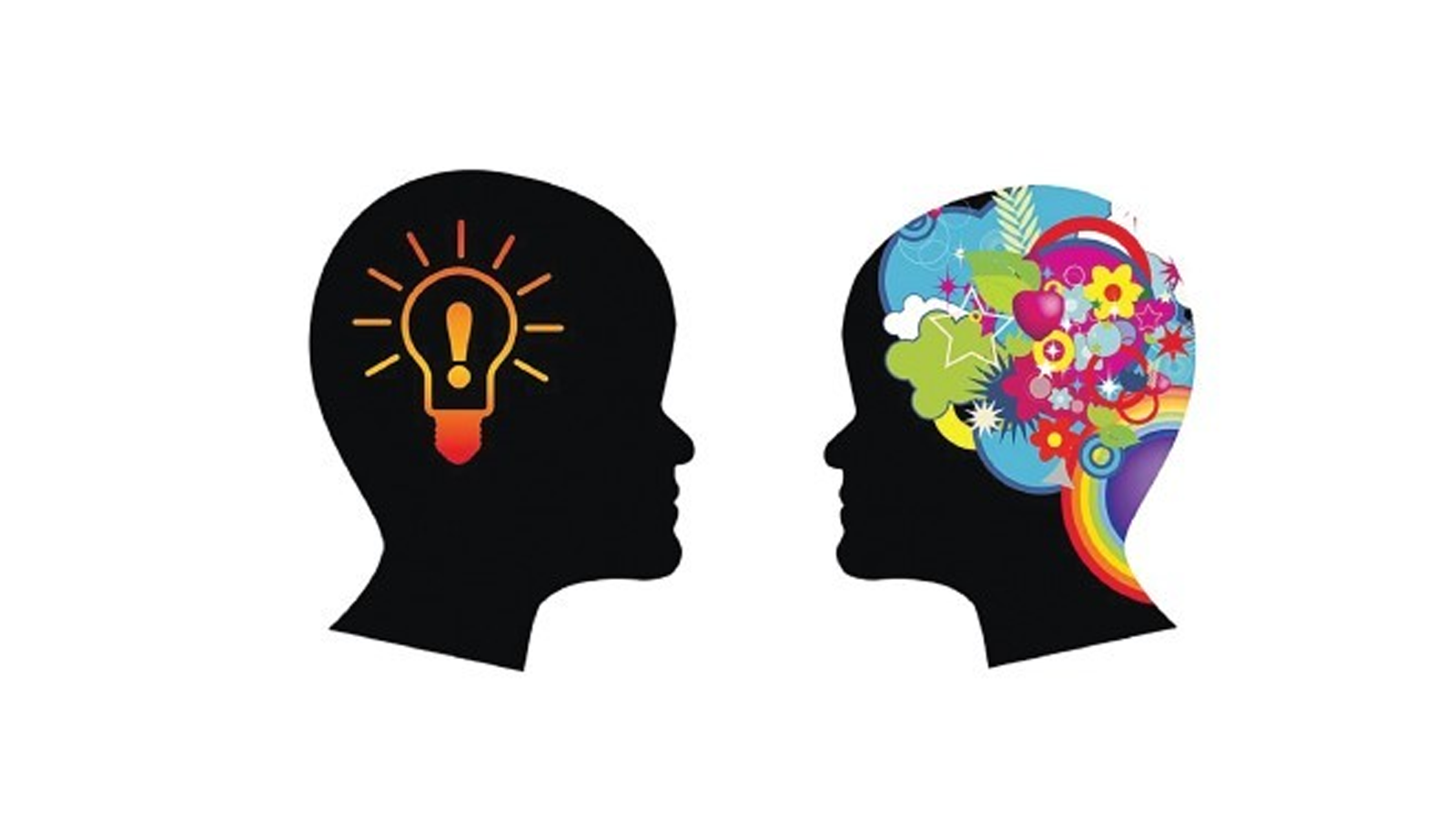IQ EQ any clue?

An article in The Times on Tuesday this week caught my eye, reporting that the IQ of young people has begun to fall, after rising steadily since the Second World War. According to the first authoritative study of the phenomenon, the decline, which is equivalent to at least seven points per generation, is thought have started with those born in 1975, who reached maturity in the early nineties.
Scientists are puzzled as to the reasons for the decline. Could it be changes in teaching methods? Or is it due to a move from reading books to more screen time? Could it be possible that the very nature of intelligence is changing in a digital age and not so easily captured with the traditional IQ test?
Researchers point to the difference between fluid and crystallised intelligence, the latter being things you have been taught and trained in whilst the former is the ability to see new patterns and problem solve.
Classic IQ tests have a heavy emphasis on arithmetic and verbal reasoning, tending to favour traditional learning styles; however it’s not clear whether this explanation is a valid one for the decline, and so the debate is likely to rage for some time.
The whole issue of learning and building worthwhile experience is a recognised challenge in every workplace today. Outdated induction training where new starts are crammed with linear facts about an organisation are hopelessly out of date, instead the need is to empower and equip empathetic problem solvers to be curious and tenacious to find the solution first time.
Easier said than done when there is a disconnect between the personal, digital world of young recruits and the rigid legacy systems they are often required to wrestle with, sometimes requiring upwards of 20 programmes to find a solution to an enquiry and agents have cited handling too many systems as an issue for them. (CCA Future Workforce Report – Leaders are you Listening?)
This week I had the pleasure of signing off the first 60 certificates to those who have successfully achieved the first level of CCA Inspire programme. The programme set out to bridge the gap between traditional customer experience learning and a greater awareness of their role as brand ambassadors with a heightened awareness of their contribution as an individual.
Building resilience and ‘thriving everyday’ was a module delivered by Emma Bell emphasising the urgent need to understand and overcome challenges, such as assisting with emotional and perhaps vulnerable customers in dire circumstances; an everyday experience for many in our industry.
Natalie Calvert focused on the power of high performing teams and the role individuals play within them. Liz Barclay gave a masterclass on communication and being smart about getting your message across – not just to customers but to colleagues and peers in your team and organisation. Understanding how to create a great customer experience was Nicola Collister’s focus, explaining how individuals can influence wider change in CX by identifying broken points in the journey and provided a matrix to add to their toolset.
In an emerging world where we need to find a workable equilibrium between humans and technology, we need to unleash creativity and foster a more freeform way of problem solving. Mostly we need to understand human emotion in its many guises.
According to Dale Carnegie, when dealing with people, remember you are not dealing with creatures of logic, but with creatures of emotion.
Have a great weekend!